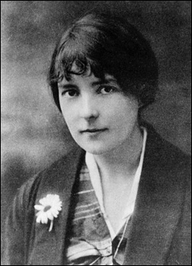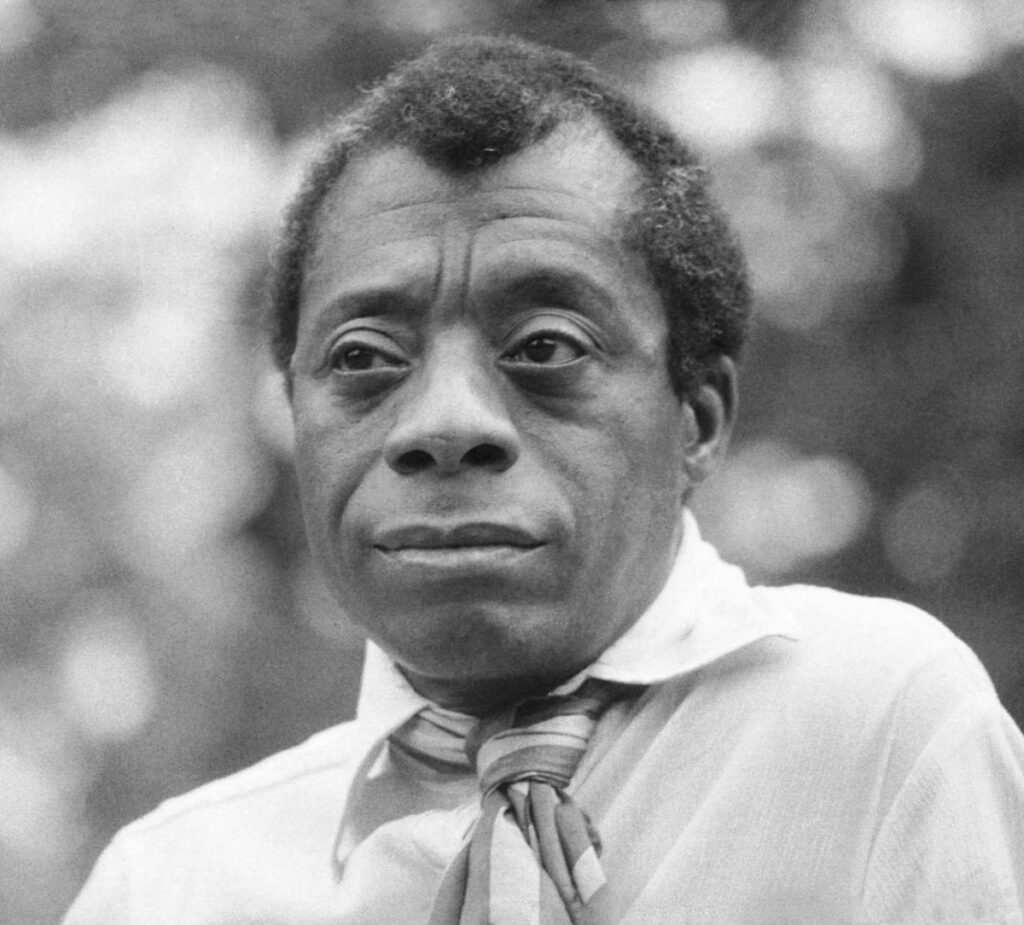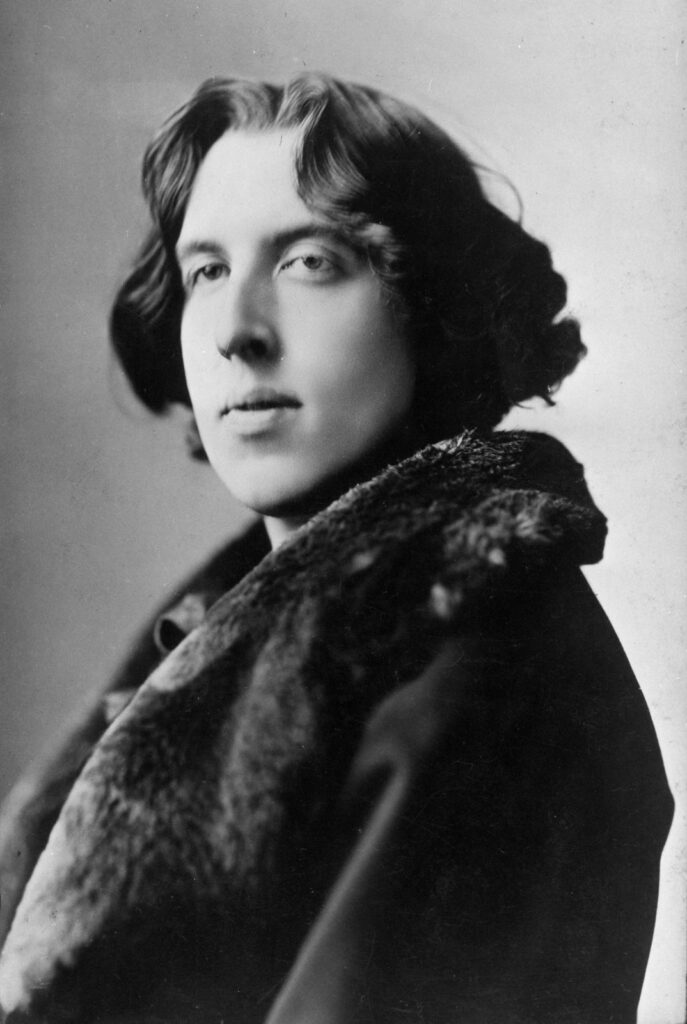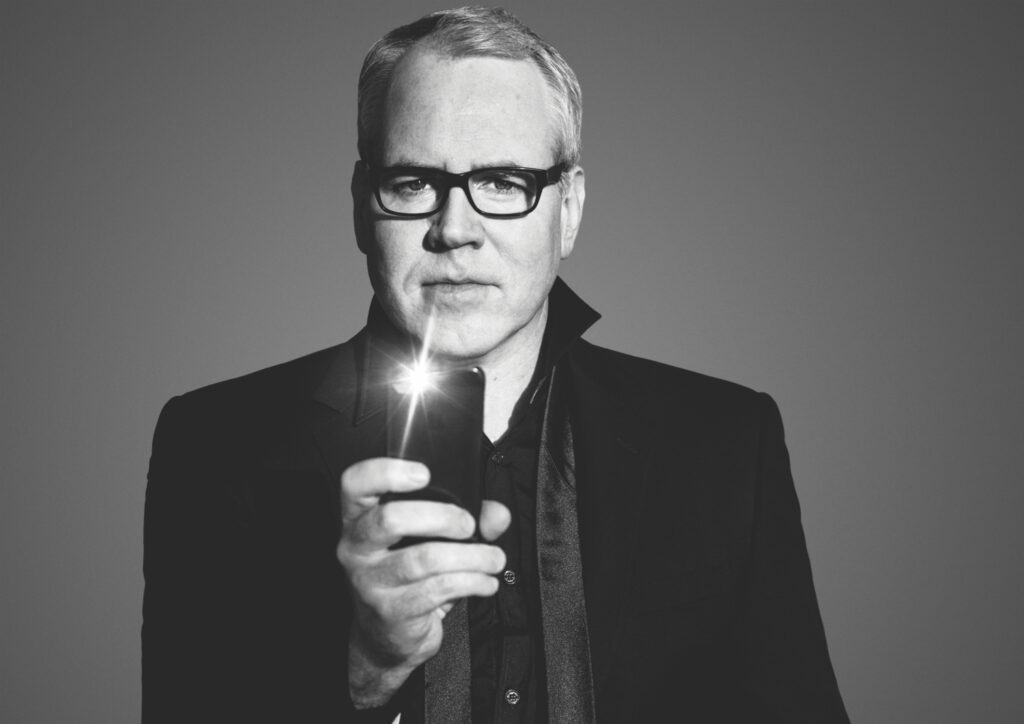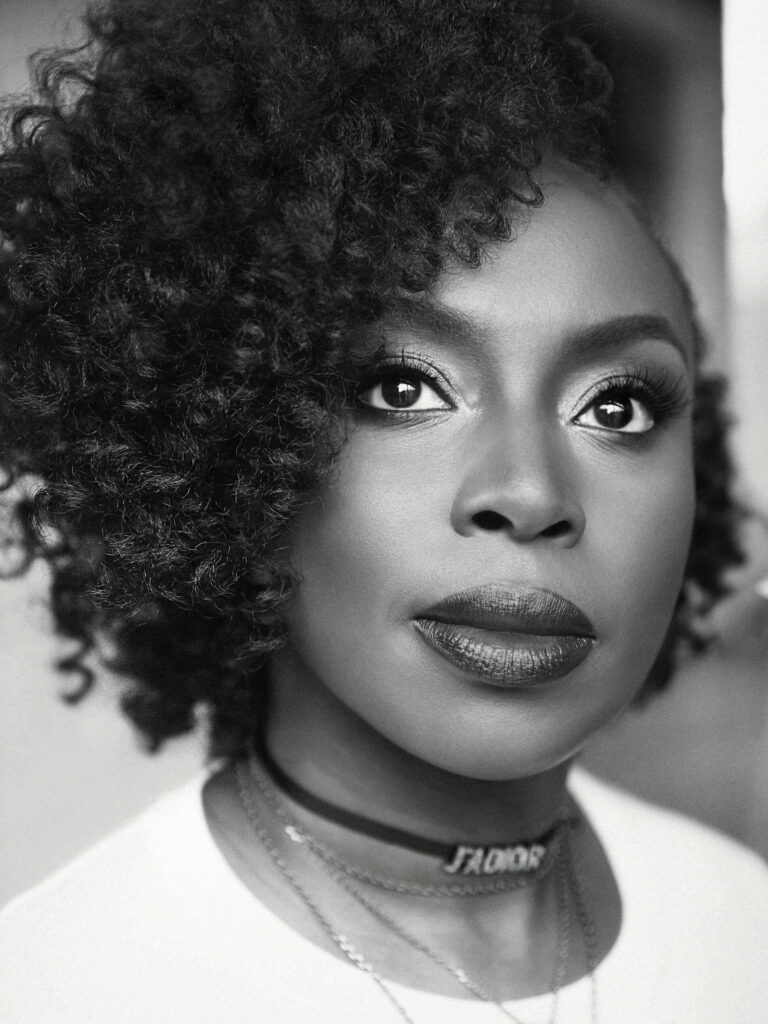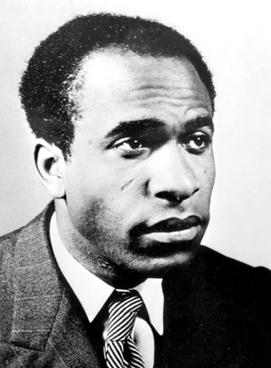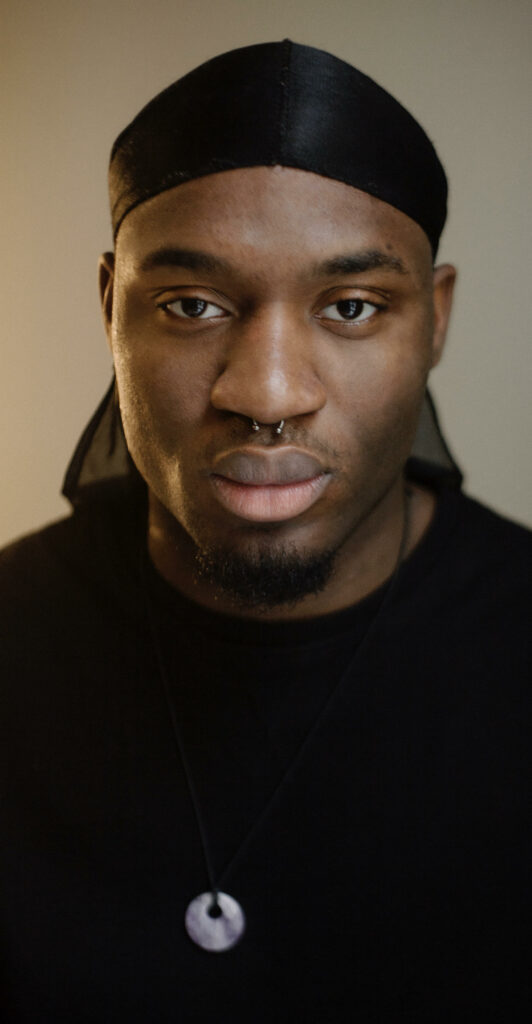
Hi Andrew great to meet you, can you give our readers some background information on yourself please?
My name is Andrew Ogun and I’m 22 years old. I moved to Wales from Italy when I was 5 years old. My mother is Nigerian and my father is Togolese. I’ve just finished my bachelor’s degree in English Literature from the University of Birmingham and I’m doing my masters in Fashion Entrepreneurship and Innovation at the University of Arts London in October. I’ve spent most of my life in Wales aside from university and I also lived in Berlin for a year because I did a year abroad. I’m an artist first and foremost; I’m a writer, musician and fashion designer.
You have set up up a new group called ‘Black Lives Matter Essentials: A Book Club on Race’ Why did you set up this new group?
One of the major talking points of the BLM movement has been the necessity of proper, nuanced education in relation to race, identity and intersectionality here in Britain. BLM Gwent believe that a book club is the ideal environment to begin the often difficult but necessary conversations that we must have about race in order to improve the situation for BAME citizens in the UK. A lot of the books that we have chosen for this initiative will be incredibly illuminating texts that we hope will begin to open people’s minds.
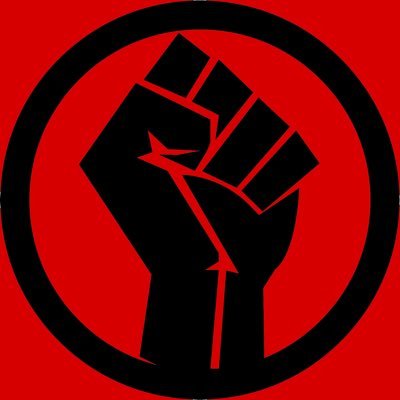
Your first book is the now seminal ‘Why I’m No Longer Talking to White People About Race’ by Reni Eddo-Lodge. Why did you choose this as your first book?
Reni Eddo-Lodge’s text is a perfect first text because it manages to break the taboo of not talking to white people about race. Many white people are uncomfortable talking about race but Eddo-Lodge’s approach is one that is fairly digestible and accessible to all. Furthermore, the book has rose through the ranks and reached number 1 on the nonfiction charts, making her the first Black British woman to top the charts; this is bittersweet to me because although it’s well deserved, more black voices in literature should have been amplified. The text also covers many of the pertinent themes that have arose during the BLM movement; history, the system and white privilege, amongst other things.
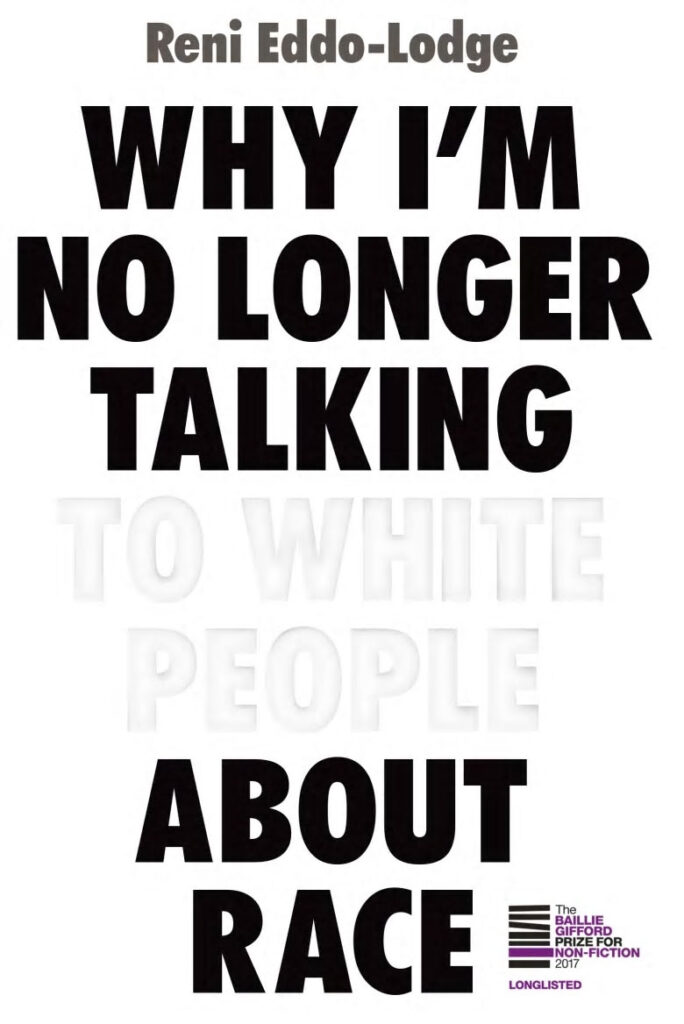
During Lockdown the murder of George Floyd and worldwide public demonstrations under the Black Live Matter movement have highlighted institutional racism, inequalities and discussion around Privilege. Do you feel The Book Club will discuss the link between literature and the potential for change in society?
I think a lot of great literature is always a reflection or commentary on wider society. The arts have always been integral to changing our society for the better. I hope the book club will show people that literature can always be used as a positive driving force for change.
Who are your favourite authors and why?
There are not many authors that I have read multiple of their novels but there’s a few authors I love; Katherine Mansfield, James Baldwin, Oscar Wilde, Bret Easton Ellis, Chimamanda Ngozi Adichie and Frantz Fanon. Some of my favourite poets are Audre Lorde, Langston Hughes, Sylvia Plath, Allen Ginsberg, Elizabeth Bishop, Frank O’Hara and Maya Angelou.
Get the Chance supports the public to access and respond to arts activity, if you were able to fund an area of the arts in Wales what would this be and why?
To be honest I think we all know that the entire arts sector is grossly underfunded. The lasting financial impact of COVID on the arts will be devastating, at least in the short term. My choice would be the music industry being a musician myself. It’s expensive to be an up-and-coming musician. Equipment, studio time, music videos, sound engineering, beats, distribution. All these things cost a lot of money and there are so many great musicians in Wales that just need the freedom and finances to truly realise their artistry.
During Lockdown a range of arts and third sector organisations and individuals are now working online or finding new ways to reach out to audiences. Have you seen any particularly good examples of this way of working that you would like to highlight?
I’ve said it in a few protests that I have attended and spoken out; COVID has ensured that our old ‘reality’ is pretty much obsolete. It is now up to us to create our new reality. The move towards a more virtual society has its downsides but is still very beneficial in some aspects. I think it’s a good move for artists to be more online based. It gives you a broader audience and allows you to not be rooted to a particular physical location. I can’t think of any particular examples but this is just my general view.
Thanks for your time

